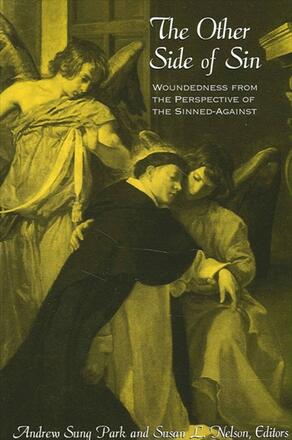
The Other Side of Sin
Woundedness from the Perspective of the Sinned-Against
Alternative formats available from:
Offers a fresh viewpoint in Christian thought by looking at sin from the perspective of the sinned-against rather than that of the sinner needing forgiveness.
Description
The good news of Jesus Christ is for both sinners and the sinned-against. For the past two thousand years, Christian theologians have focused on the experience of sinners, but treated their victims inadequately. To counterbalance this perspective, a diverse group of Christian scholars consider sin "from the other side." To make sense of Christianity from this standpoint, they offer a more complex and comprehensive analysis of human participation in evil and its reconciliation than the simple formula of sin and repentance. The Other Side of Sin is an original, fresh, and exciting adventure into one of the most needed areas of theological thinking.
Andrew Sung Park is Professor of Theology at the United Theological Seminary. He is the author of The Wounded Heart of God: The Asian Concept of Han and the Christian Doctrine of Sin and Racial Conflict and Healing: An Asian-American Theological Perspective. Susan L. Nelson is Professor of Theology at the Pittsburgh Theological Seminary. She is the author of Healing the Broken Heart: Sin, Alienation, and the Gift of Grace.
Reviews
"The notion of treating a classic notion from 'the other side,' in this case the experience of the sinned-against, is very fruitful and opens up any number of subsequent conversations. The contributors share some remarkable insights." — Larry L. Rasmussen, author of Ethics for a Small Planet: New Horizons on Population, Consumption, and Ecology
"The discussion kept me interested from beginning to end. There is a freshness to the discussion which whets one's appetite. The varied perspectives of the authors—Asian, feminist, Hispanic, among others—are enjoyable, demonstrating difference while pointing to communality. Looking at the question of evil and sin from the vantage point of its victims is an innovative approach. It has been alluded to, but never systematically developed." — Curt Cadorette, coeditor of Liberation Theology: An Introductory Reader